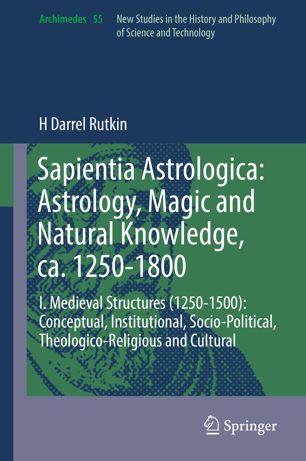

Most ebook files are in PDF format, so you can easily read them using various software such as Foxit Reader or directly on the Google Chrome browser.
Some ebook files are released by publishers in other formats such as .awz, .mobi, .epub, .fb2, etc. You may need to install specific software to read these formats on mobile/PC, such as Calibre.
Please read the tutorial at this link: https://ebookbell.com/faq
We offer FREE conversion to the popular formats you request; however, this may take some time. Therefore, right after payment, please email us, and we will try to provide the service as quickly as possible.
For some exceptional file formats or broken links (if any), please refrain from opening any disputes. Instead, email us first, and we will try to assist within a maximum of 6 hours.
EbookBell Team

5.0
18 reviewsThis book explores the changing perspective of astrology from the Middle Ages to the Early Modern Era. It introduces a framework for understanding both its former centrality and its later removal from legitimate knowledge and practice. The discussion reconstructs the changing roles of astrology in Western science, theology, and culture from 1250 to 1500.
The author considers both the how and the why. He analyzes and integrates a broad range of sources. This analysis shows that the history of astrology—in particular, the story of the protracted criticism and ultimate removal of astrology from the realm of legitimate knowledge and practice—is crucial for fully understanding the transition from premodern Aristotelian-Ptolemaic natural philosophy to modern Newtonian science.
This removal, the author argues, was neither obvious nor unproblematic. Astrology was not some sort of magical nebulous hodge-podge of beliefs. Rather, astrology emerged in the 13th century as a richly mathematical system that served to integrate astronomy and natural philosophy, precisely the aim of the “New Science” of the 17th century. As such, it becomes a fundamentally important historical question to determine why this promising astrological synthesis was rejected in favor of a rather different mathematical natural philosophy—and one with a very different causal structure than Aristotle's.